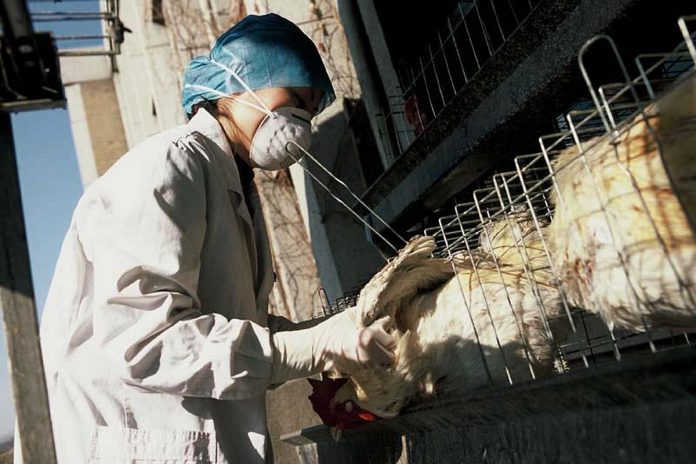
With a dog in Oshawa dying after contracting avian influenza, Peterborough Public Health is urging residents to use caution around wild birds and poultry.
Avian influenza (commonly called bird flu) is a highly pathogenic virus that can infect domesticated and wild birds, including chickens, turkeys, ducks, geese, pheasants, quail, and guineafowl.
On Tuesday (April 4), the Canadian Food Inspection Agency and the Public Health Agency of Canada announced a pet dog in Oshawa tested positive for avian influenza after chewing on a wild goose. The dog later died after developing clinical signs of avian influenza.
Although the virus has caused large outbreaks of avian influenza in birds globally over the past view years, the number of documented cases of avian influenza in non-avian species such as cats and dogs is low. The infection of the Oshawa dog is the only documented case of its kind in Canada.
According to Peterborough Public Health, the Canadian Food Inspection Agency is monitoring two suspected cases of avian influenza involving a bald eagle and an otter. In spring 2022, avian influenza was confirmed in two local poultry flocks.
The Canadian Food Inspection Agency says cases of avian influenza among humans are rare and are almost always acquired through direct contact with infected birds, or through exposure to heavily contaminated environments. To date, there has been no evidence of sustained person-to-person spread. No domestically acquired human cases of avian influenza have been reported in Canada and current scientific evidence suggests the risk of a human contracting avian influenza from an infected domestic pet.
Echoing advice from the Canadian Food Inspection Agency, Peterborough Public Health is reminding residents to avoid touching or handling birds and water fowl that are dead or appear to be unwell. Pet owners should not let their pets play with or consume dead wild birds and should not feed pets raw meat from game birds or poultry.
Avian influenza is not a threat to food safety. Ontario poultry and eggs remain safe to consume, provided standard food handling and cooking practices are followed.

























